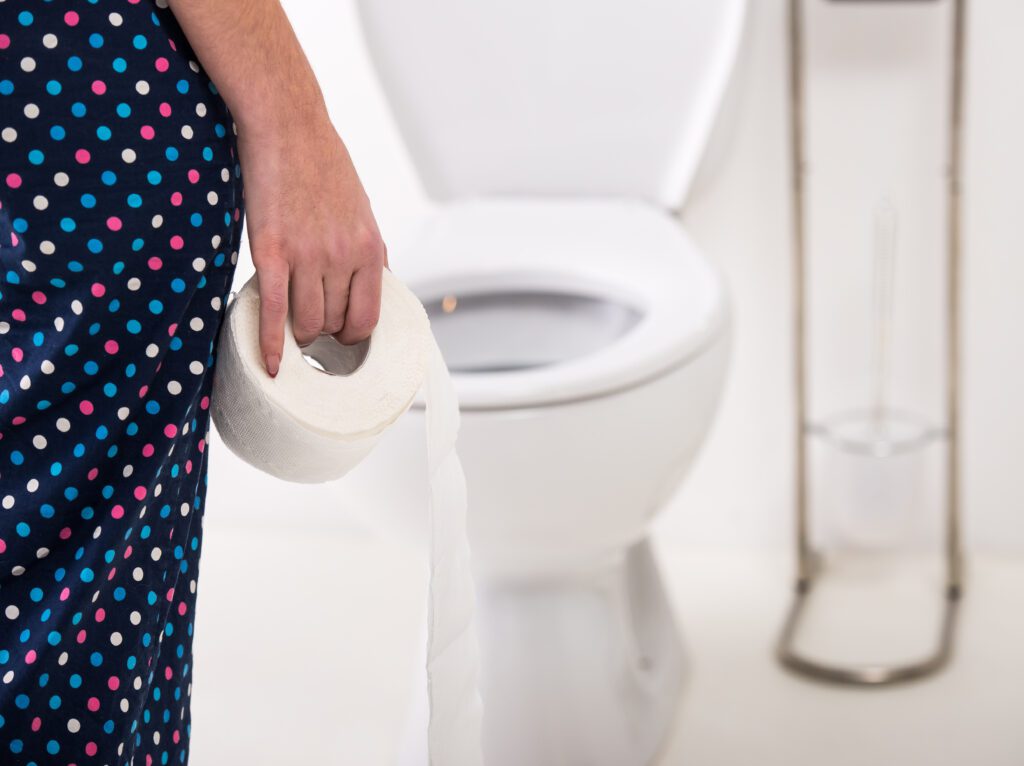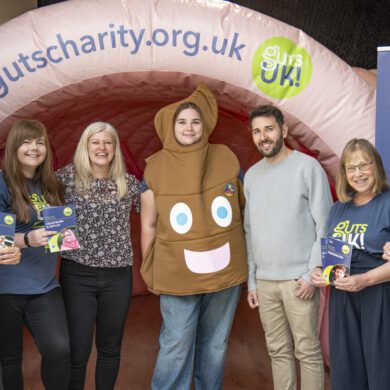Sarah Jordan
Project: "An Evaluation of IBD Child Patient/Carer Compliance in Providing Stool Samples for In Hospital Faecal Calprotectin (FC) Testing."
Nurse Recognition Award for Improvement in Patient Care Winner 2025

Ms Jordan explains:
“Faecal calprotectin (FC) is a specific biomarker of intestinal inflammation and is a non-invasive method of diagnosis and monitoring disease control in inflammatory bowel disease. From working with patients with IBD, I have come to understand the importance of consistent monitoring of FC and, likewise, the impact on insight into patient disease activity when it is not carried out.
FC testing requires a stool sample to be brought into hospital when the patient has an appointment. Literature has identified that adult IBD patient compliance with bringing stool samples to hospital has been as low as 35%, with reasons for non-compliance most commonly forgetfulness, followed by no perception of the tests value, constipation, refusal to handle stools and difficulty handling the sample (Marechal et al 2017). Currently, we estimate that in our children/young people IBD population, the compliance rate for bringing in stool samples for FC is around 50%, with forgetfulness being the main reason cited.

The National Institute for Health and Care Excellence (NICE) has identified home FC testing kits as an appropriate alternative to hospital-based FC testing. Literature based on the adult IBD population has demonstrated that the provision of home FC testing kits has significantly increased patient compliance (70% with introduction of home testing kits vs 52% compliance with hospital-based testing (Ibrahim et el, 2021)). Currently, home FC testing kits are not available at our Trust.
We have one of the largest patient cohort of children/young people with IBD in the UK. My project aims to involve our IBD patient population to assess compliance with sample presentation at hospital for FC testing. Additionally, through obtaining views from patients and their carers, we hope to identify barriers to this activity. Following this, I plan to trial the use of home FC testing kits in our children/young adult patient population, monitoring patient compliance and improvement in their outcomes and obtaining patient/carers’ feedback.”
What did it feel like to win this award?

I feel very honoured to have been recommended for this award and to have received it. Personally, it affirms that the ideas I have to help improve patient care are valid. It also feels very meaningful to have my efforts recognised for aiming to improve care for patients with IBD through clinical research delivery and through delivery of my proposed project.
Professionally, this has inspired me to want to continue sharing ideas on how to improve patient care for patients with IBD and will give me the confidence to apply for awards and grant funding calls in the future.
Read more about Ms Jordan’s project, focused on the gut by downloading the PDF below.



